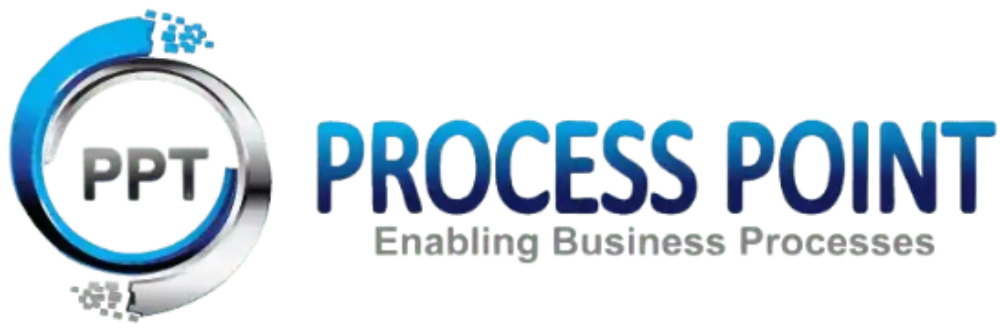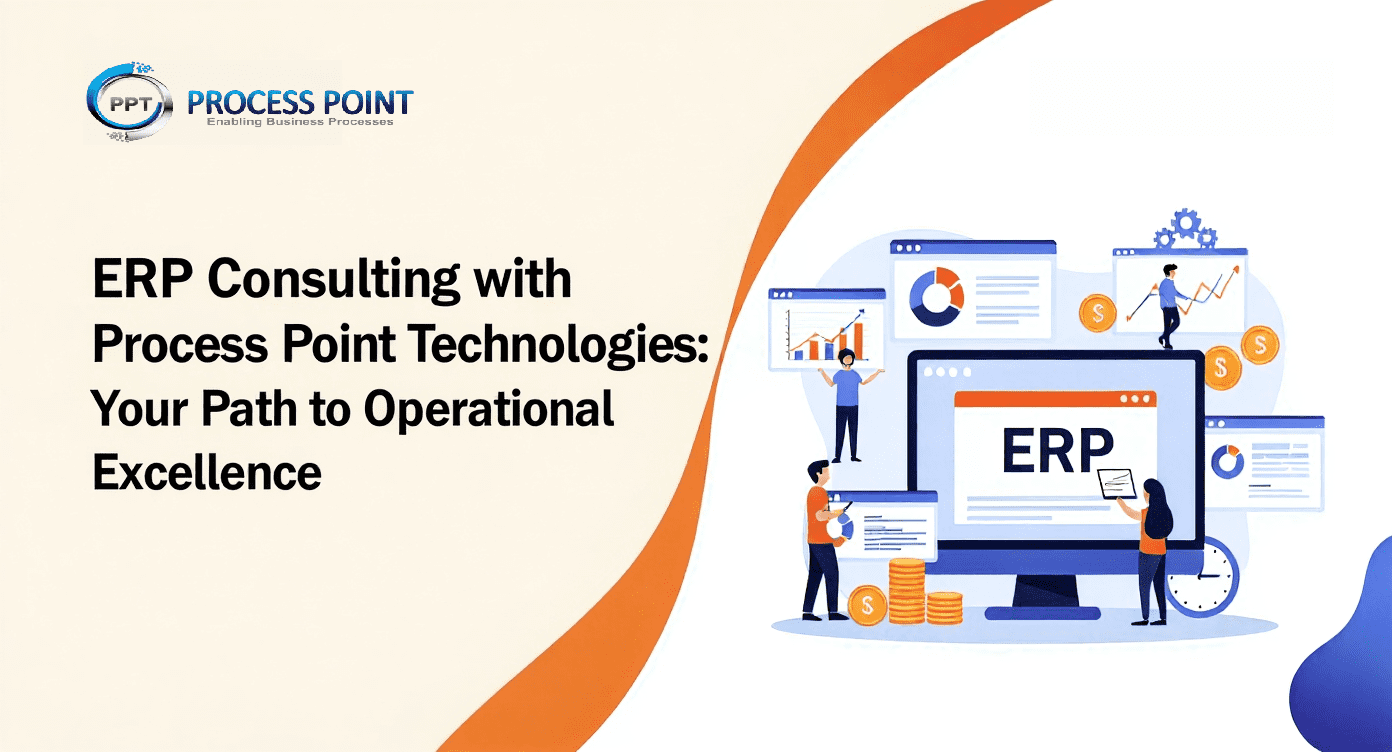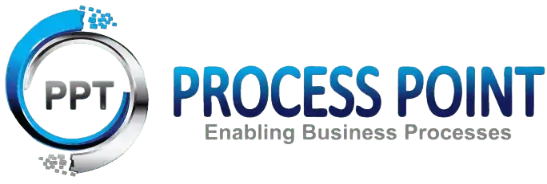Top 5 Challenges in Migrating On-Premises ERPs to Oracle Cloud ERP
- Published on : July 15, 2025
Introduction
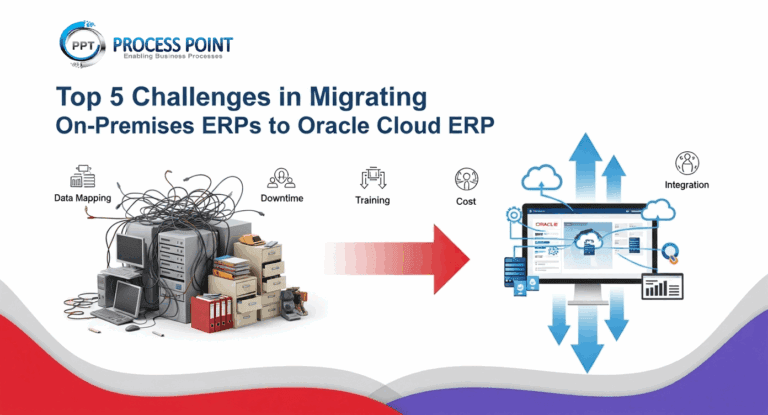
Migrating from on-premises ERP systems to Oracle Cloud has become a popular choice for businesses aiming to leverage the flexibility, scalability, and innovation that cloud platforms offer. However, this transition is not without difficulties. Understanding the challenges can help organizations prepare better and make their migration process smoother.
In this blog, we discuss the top five challenges businesses face when moving from traditional on-premises ERPs to Oracle Cloud and how to address them effectively.
1. Data Migration and Integrity
One of the most complex tasks during ERP migration is transferring large volumes of data accurately from the existing on-premises system to Oracle Cloud. Data inconsistencies, incomplete data, or corrupted data during migration can lead to system failures or operational disruptions.
Key Issues:
- Data cleansing and validation before migration.
- Handling legacy data formats that may not directly map to Oracle Cloud structures.
- Ensuring zero data loss and maintaining data integrity.
How to Manage:
- Conduct thorough data audits and cleanups before migration.
- Use reliable ETL (Extract, Transform, Load) tools designed for Oracle Cloud.
- Run pilot migrations and validation tests to catch and fix errors early.
2. Customizations and Integrations
On-premises ERP systems are often heavily customized to fit unique business needs. Moving to Oracle Cloud requires analyzing these customizations since cloud platforms typically encourage using standard processes to maintain system stability and ease of upgrades.
Key Issues:
- Incompatibility of custom modules with Oracle Cloud.
- Rebuilding or redesigning integrations with third-party applications.
- Balancing standard Oracle Cloud capabilities with specific business requirements.
How to Manage:
- Conduct a detailed review of all customizations and integrations.
- Identify which customizations are critical and which can be replaced by standard cloud features.
- Use Oracle Integration Cloud and APIs to rebuild necessary integrations.
3. Change Management and User Adoption
Cloud migration affects not just technology but also people and processes. Employees accustomed to on-premises systems may resist change or struggle to adapt to new interfaces and workflows.
Key Issues:
- Resistance to adopting new cloud-based workflows.
- Lack of sufficient training and support.
- Impact on productivity during the transition phase.
How to Manage:
- Develop a comprehensive change management plan focusing on communication and involvement.
- Provide hands-on training and create user support resources.
- Implement the migration in phases to allow gradual adaptation.
4. Security and Compliance Concerns
Cloud environments differ significantly from on-premises infrastructures in terms of data control and security practices. Organizations need to address concerns about data privacy, compliance with regulations, and access controls.
Key Issues:
- Ensuring Oracle Cloud meets industry-specific compliance standards (e.g., GDPR, HIPAA).
- Managing identity and access control in a multi-tenant cloud environment.
- Data encryption, backup, and disaster recovery planning.
How to Manage:
- Leverage Oracle Cloud’s built-in security features and compliance certifications.
- Implement strong identity and access management policies.
- Regularly audit security protocols and prepare for incident response.
5. Project Timeline and Cost Management
ERP migrations to the cloud can often take longer and cost more than initially expected, especially if unforeseen technical challenges arise.
Key Issues:
- Underestimating the complexity of migration.
- Scope creep due to additional customization or integration requests.
- Managing ongoing operational costs post-migration.
How to Manage:
- Establish a clear project scope and timeline with contingency buffers.
- Engage experienced Oracle Cloud migration consultants.
- Plan for post-migration support and cost optimization strategies.
Conclusion
Migrating from on-premises ERP systems to Oracle Cloud offers tremendous benefits, including agility, cost savings, and access to cutting-edge features. However, businesses must be aware of the challenges to avoid disruptions and ensure a successful transition.
Careful planning, strong project management, and leveraging expert consulting can help overcome these challenges and unlock the full potential of Oracle Cloud
Related Blogs
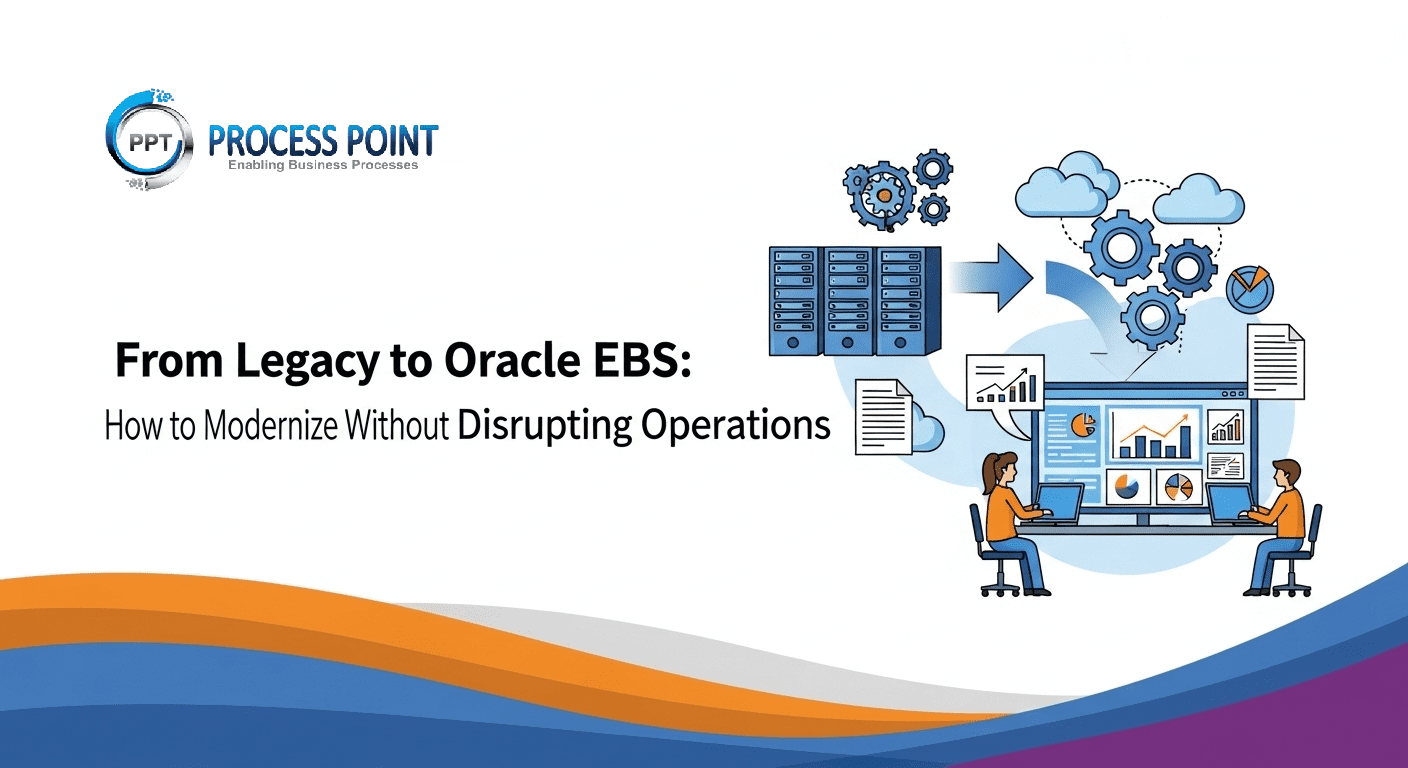
July 14, 2025
From Legacy to Oracle EBS: How to Modernize Without Disrupting Operations
Upgrade from legacy systems to Oracle EBS for better efficiency, visibility, and agility. Explore phases, challenges, and best practices.
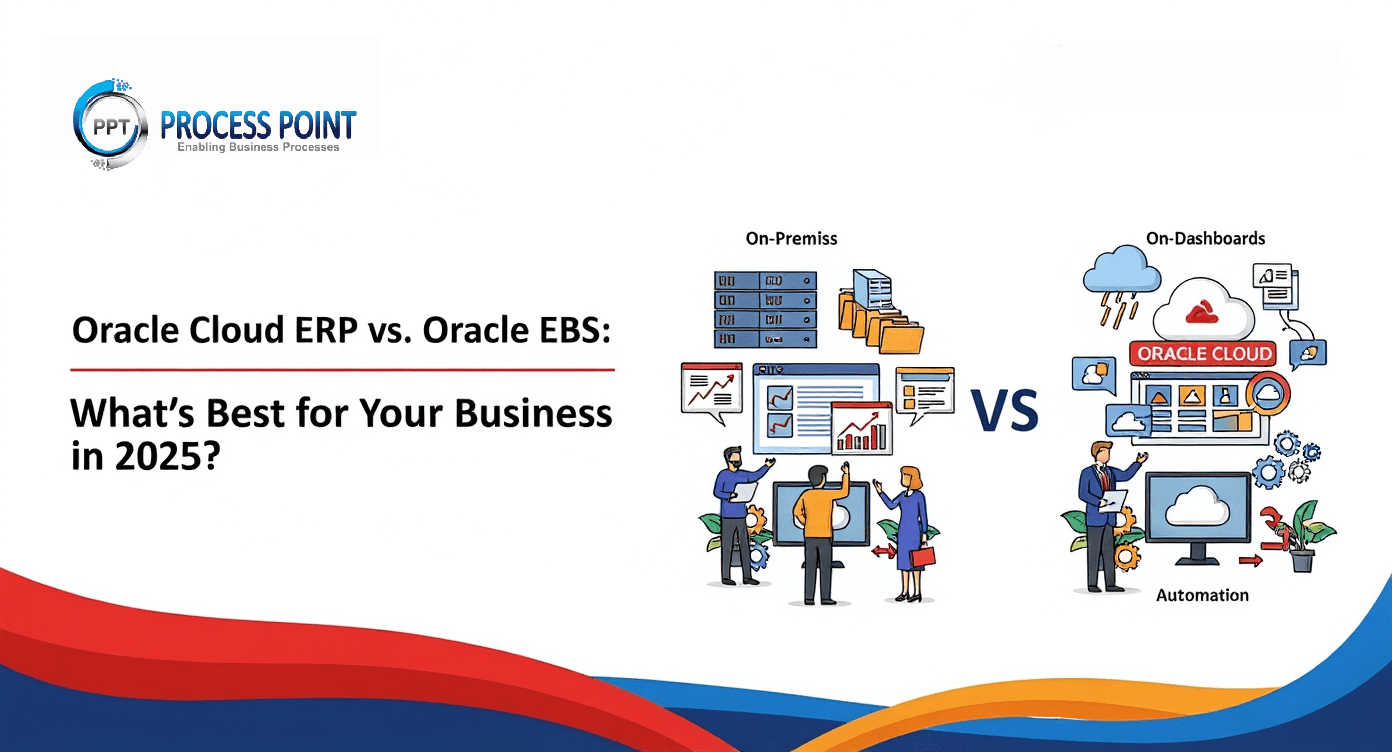
July 15, 2025
Oracle Cloud ERP vs. Oracle EBS: What’s Best for Your Business in 2025?
Compare Oracle Cloud ERP vs. E-Business Suite in 2025—explore differences in cost, scalability, security, and more for smart decisions.
